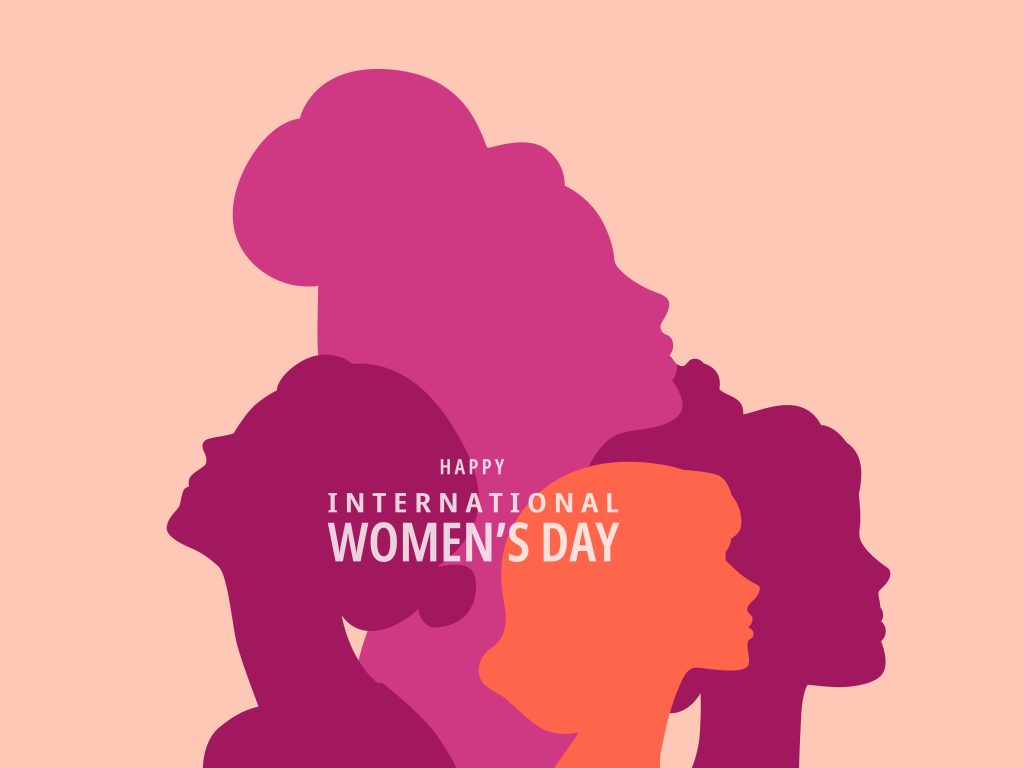
This year’s International Women’s Day theme, Accelerate Action, serves as a reminder that much remains to be done. According to the Global Gender Gap Report 2024 by the World Economic Forum, achieving gender equality will take at least 134 years.
In Indonesia, the private sector holds a pivotal role in reshaping this projection by accelerating gender equality. More companies are recognizing that gender equality is not merely a social issue—it is a fundamental driver of economic success.
A 2023 McKinsey study found that companies with gender-diverse leadership teams are 25% more likely to achieve above-average profitability. Other McKinsey findings further highlight that these companies tend to be more innovative, resilient in times of crisis, and excel in decision-making.
The Grant Thornton Women in Business Report 2024 reinforces these insights, showing that organizations with women in senior leadership positions demonstrate stronger financial performance and enhanced resilience. However, executive positions in Indonesia still do not provide adequate space for women.
This is a missed opportunity. A Credit Suisse study of more than 3,000 global companies found that organizations with at least one woman on their board reported higher equity returns and market valuations. Similarly, the International Finance Corporation (IFC) 2024 report reveals that Indonesian companies with gender-diverse leadership outperform competitors in business performance.
Global investors, including BlackRock and Temasek, now consider gender equality a critical factor in investment decisions. Domestically, the Indonesia Stock Exchange (IDX) is advocating for leadership diversity, recognizing its correlation with stronger corporate governance and lower risk exposure. Beyond financial advantages, companies with women in top leadership positions tend to be more innovative, better attuned to consumer needs, capable of expanding market reach, and able to drive stronger engagement.
Gender diversity also plays a key role in enhancing employee retention. A 2022 Harvard Business Review study found that employees in gender-diverse workplaces report higher job satisfaction, greater team collaboration, and a stronger sense of belonging. This is particularly relevant in Indonesia, where Millennials and Gen Z increasingly seek inclusive and egalitarian workplaces.
Investors, consumers, and regulators are calling for greater female representation in executive leadership. In Southeast Asia, countries such as Singapore, Malaysia, and the Philippines have implemented stricter corporate governance requirements to ensure gender diversity. This shift underscores an undeniable reality: change is happening. Indonesian companies that resist this trend risk losing investors, credibility, and top talent.
The evidence is clear, and the message is strong: Indonesian companies seeking to remain relevant, compete on the global stage, attract investment, and retain top-tier talent must embed gender equality into their leadership agenda.
Concrete steps for organizations aiming to lead in this space are within reach. Setting ambitious targets for gender equality in leadership is imperative, ensuring that at least 30% of executive and board positions are held by women. However, this effort must extend beyond merely improving diversity metrics—it should be integrated into a company’s broader leadership development strategy.
Building leadership pipelines for women is equally critical. Many high-potential female professionals have been appointed to key positions. Yet, they must be given opportunities to manage profit-and-loss (P&L) units to drive real impact and prepare for C-suite roles.
Companies must also realign their ESG strategies with investor expectations. Investors and business partners prioritizing leadership diversity will favor companies that demonstrate transparency in reporting gender diversity metrics within corporate governance and sustainability reports.
Businesses can further accelerate progress by joining global and regional organizations that champion gender equality. Becoming a signatory of the Women’s Empowerment Principles (WEPs)—a framework established by UN Women and the UN Global Compact—provides guidance on advancing gender equality and empowering women in the workplace, marketplace, and community. Indonesian companies can also engage with the Indonesia Business Coalition for Women Empowerment (IBCWE), which offers structured frameworks and best practices for adopting sustainable gender equality initiatives.
Now is the time for businesses to accelerate action toward gender equality. CEOs must lead this movement by embedding gender equality commitments into corporate strategies and linking them to performance metrics. Investors must emphasize gender representation in leadership and hold companies accountable for their commitments to diversity.
At the same time, policymakers can play a crucial role by introducing governance incentives that promote gender balance, ensuring that Indonesia remains competitive within the Southeast Asian market. Gender equality is not just beneficial for women—it is essential for business success and national economic growth.*
Verlyana V. Hitipeuw
CEO & Chief Consultant, Kiroyan Partners
This article has been published in Bisnis Indonesia issued on March 15, 2025, page 2.
Download the clipping here.



